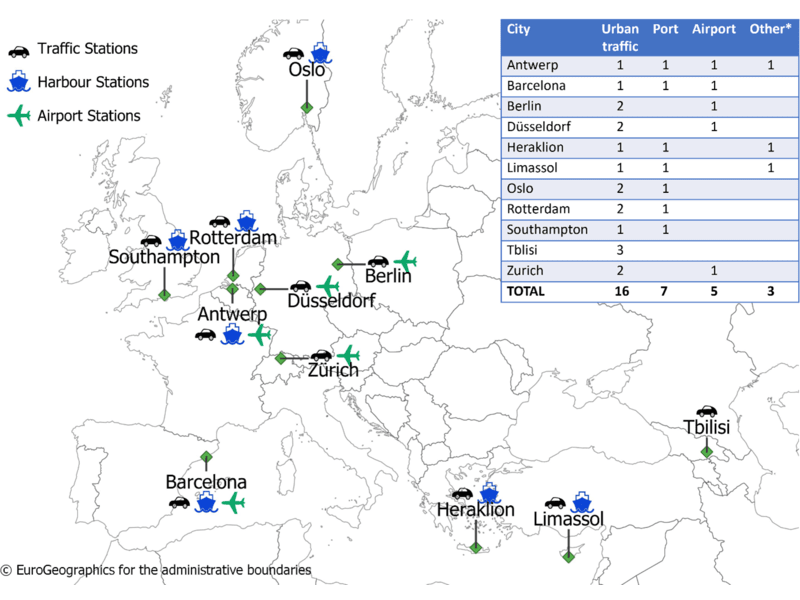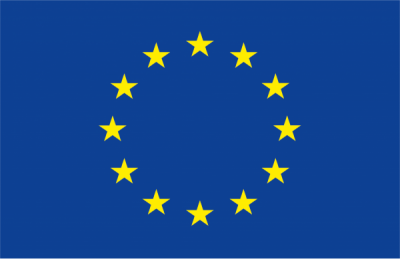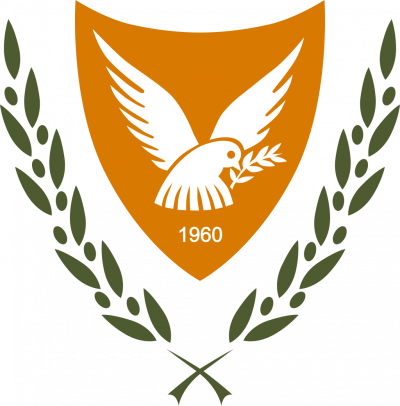
CARE-C of the Cyprus Institute a key partner of the new Net4cities programme
CARE-C of the Cyprus Institute is taking part in the new Horizon Project entitled ‘Real-Time Monitoring Networks and Transport Emissions for Tailored Zero Pollution Action Plans in European Cities‘ (Net4Cities), which focuses on monitoring and generating data in order to make it easier to assess health-related impacts of air and noise pollution caused by the transport sector.
Although air pollution from transport, including road transport, shipping, and aviation, has generally decreased in the last decades due to improved fuels and vehicle emission standards, it still represents a significant source of air quality degradation in cities. Indeed, the transport sector is the only sector in which ammonia and greenhouse gas emissions have continued to increase over the last three decades. Environmental noise, and in particular road traffic noise, is a major environmental problem in Europe, where at least 20 % of the population lives in areas where traffic noise levels are harmful to health.
The adverse impacts associated with the transport sector are especially high in densely populated urban areas. To address this, the Net4Cities project will develop real-time maps that visualise and integrate air and noise pollution data from more than 30 road traffic, harbor, and airport monitoring stations across eleven European cities: Antwerp, Barcelona, Berlin, Düsseldorf, Heraklion, Limassol, Oslo, Rotterdam, Southampton, Tbilisi and Zurich. In selected few of the aforementioned cities, one of which is Limassol, a novel scheme of real time pollution source identification will be implemented. This scheme, being at the cutting edge of air quality studies, allows the quantification of anthropogenic pollution sources in real time.
Net4Cities will pursue its objectives across five measures:
- Net4Cities will work with policy- and decision-makers, citizens’ associations and interested organisations to develop evidence-based, tailored policy solutions for effective plans to reduce air and noise pollution.
- Deliver the next generation of advanced monitoring networks for transport-related air (exhaust and non-exhaust) and noise pollution capable of providing information in real-time to support decision-making, for health studies, and to inform policy.
- Generate data on (emerging) pollutants and noise in cities from contrasting geographical and climatic locations with differing fleet compositions to support source apportionment and modelling applications and the improvement of emissions inventories.
- Consolidate information from analyses in databases at the city and national levels in order to assess traffic emissions and aid in efforts to comply with limit values and reduce adverse health impacts.
- Establish the Net4Cities Studio, including guidance on the analysis of emerging pollutants in order to address future challenges appropriately.
Net4Cities is an EU Horizon project with a duration of four years (January 2024 to December 2027) and has been granted five million euros in funding.
The Horizon Europe project Net4Cities is coordinated by the Research Institute for Sustainability – Helmholtz Centre Potsdam (RIFS) in Germany. Other participating institutes are the Flemish Institute for Technological Research (VITO) in Belgium, EarthSense Systems Ltd UK, The Cyprus Institute (CyI) Cyprus, Stiftelsen Norsk Institutt Forluftforskning (NILU) Norway, Zurich University of Applied Sciences (ZHAW) Switzerland, University of Crete (UOC) Greece, Tecnalia Spain, Airmodus Finland, Forschungszentrum Jülich (FZJ) Germany, Rear Window Belgium, University of Bremen (UBREMEN) Germany, Universitat Autonoma de Barcelona (UAB) Spain, Ivane Javakhishvili Tbilisi State University (TSU) Georgia, German Aerospace Center (DLR), VDI/VDE Innovation + Technik GmbH Germany, und Flanders Environment Agency (VMM) Belgium.
On behalf of the Cyprus Institute, Associate Research Scientist, Dr Michael Pikridas leads the project as a PI. Professor Mihalis Vrekoussis and Professor Jean Sciare will also be involved in the project.
This project has received funding from the European Union’s Horizon Research and Innovation Actions, under grant agreement No 101138405




